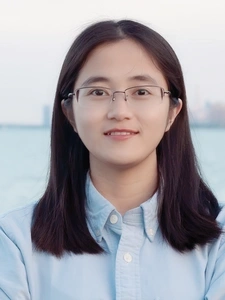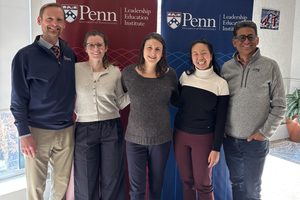Overview
The Learning Sciences and Technologies, Ph.D. program address a range of practical and theoretical issues in schools, online learning, and community settings. Coursework and research experiences consider learning in its full richness and context, using sociocultural, cognitive, and psychological perspectives to enhance learning, motivation, and engagement across diverse educational environments. Students will study learning in traditional contexts with new technologies and emerging pedagogies for learning, like constructionist environments, simulations, massive online open courses, serious games, and intelligent tutoring systems.
Applicants should have experience in teaching, instructional design, or learning analytics. Students will build a program of study that includes courses in teaching and learning, social foundations, and research methods, along with field-based research and collaborative projects. Students benefit from a rigorous curriculum and active participation in a community of learners, including teachers, educational designers, and researchers.
Take the Next Step
Application Requirements & Deadlines
Tuition & Fees
Ph.D. Funding
STEM OPT Extension EligibleThis STEM-designated program provides students with an F1 status the opportunity to work in the U.S. for up to 3 years after graduation—1 year of OPT plus a 2-year STEM OPT extension. |






















